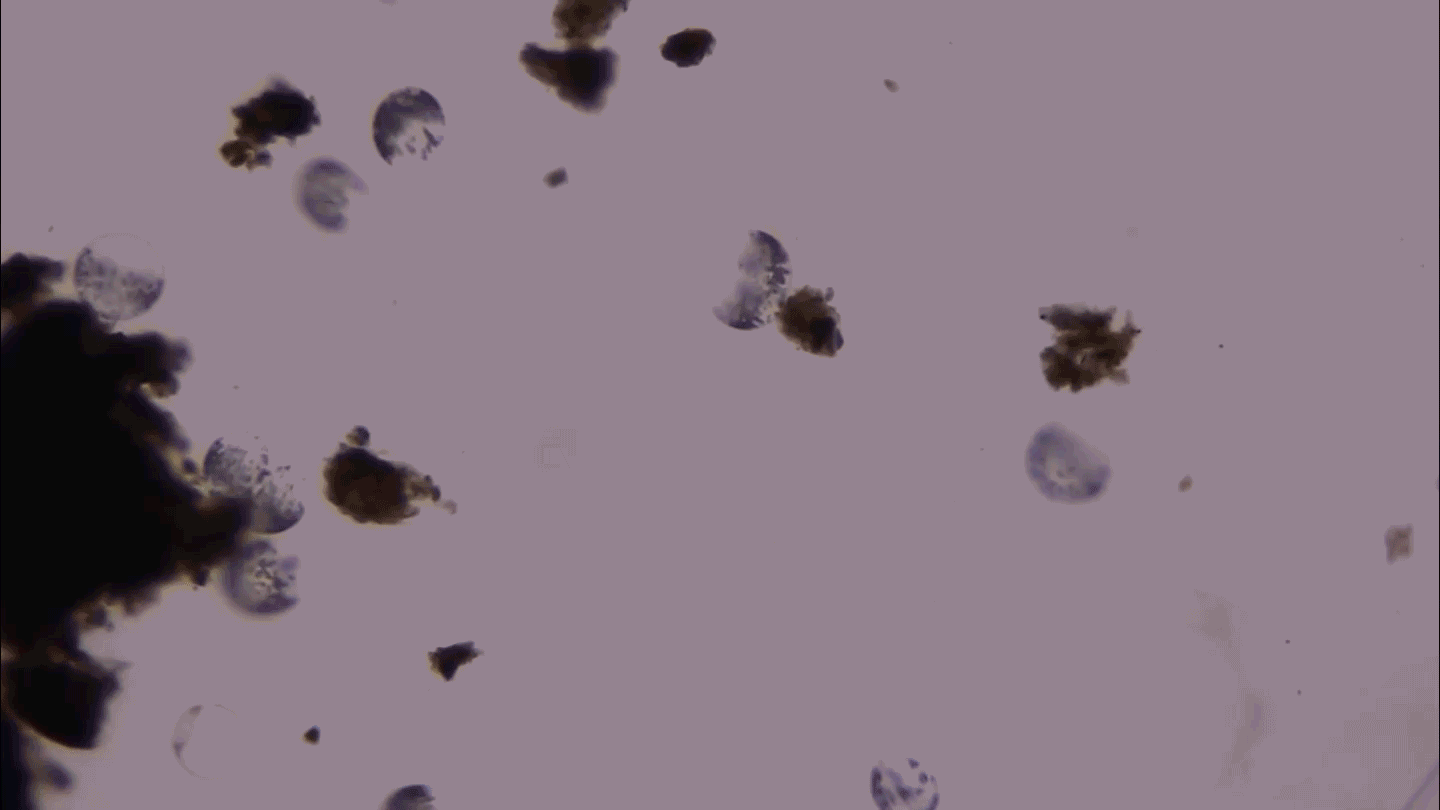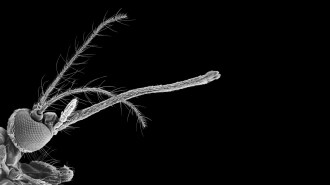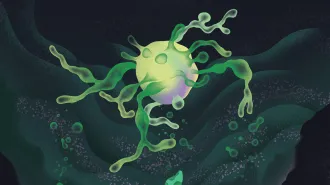Genes & Cells
Lung infections, stress effects in the womb and the genetics of stomach cancer in this week’s news
Stressed fetuses, shorter telomeres
Stress in the womb may lead to shortening of telomeres, the caps that protect chromosome ends, which could in turn lead to shorter lives and higher disease risk. People from Trier, Germany, whose mothers experienced stress while pregnant, such as the death or sudden illness of a family member, had shorter telomeres than people whose mothers had stress-free pregnancies. Stress shaved about 178 chemical letters off the ends of chromosomes, Elizabeth Blackburn of the University of California, San Francisco and colleagues report online August 3 in the Proceedings of the National Academy of Sciences. Shorter telomeres have been associated with some age-related diseases. —Tina Hesman Saey
Stomach cancers have genetic types
Stomach cancers can be divided into two groups based on gene activity. The genetic differences determine how well the cancer responds to common types of chemotherapy, an international team lead by researchers at Duke-National University of Singapore Graduate Medical School reports in the Aug. 1 Gastroenterology. Activity of 171 genes distinguishes the two types of stomach cancer from each other. Patients with the G-INT type responded better to two chemotherapy drugs and had better overall survival than people with the G-DIF type. The researchers are starting a clinical trial to find out if patients with the G-DIF type do better on a third drug, called cisplatin. —Tina Hesman Saey
Antibiotics linked to lung infections
An antibiotic often used to fight off lung infections in people with cystic fibrosis may leave the patients vulnerable to a relative of tuberculosis. The antibiotic azithromycin blocks cells’ ability to cannibalize themselves, a process called autophagy, researchers in England and Colorado report online August 1 in the Journal of Clinical Investigation. Cells use autophagy for getting rid of damaged parts, recycling nutrients and also for fighting infections. Over the long term, inhibiting autophagy with the antibiotic allows a nasty bacterium called Mycobacterium abscessus to set up shop in the lungs, the researchers found. —Tina Hesman Saey







